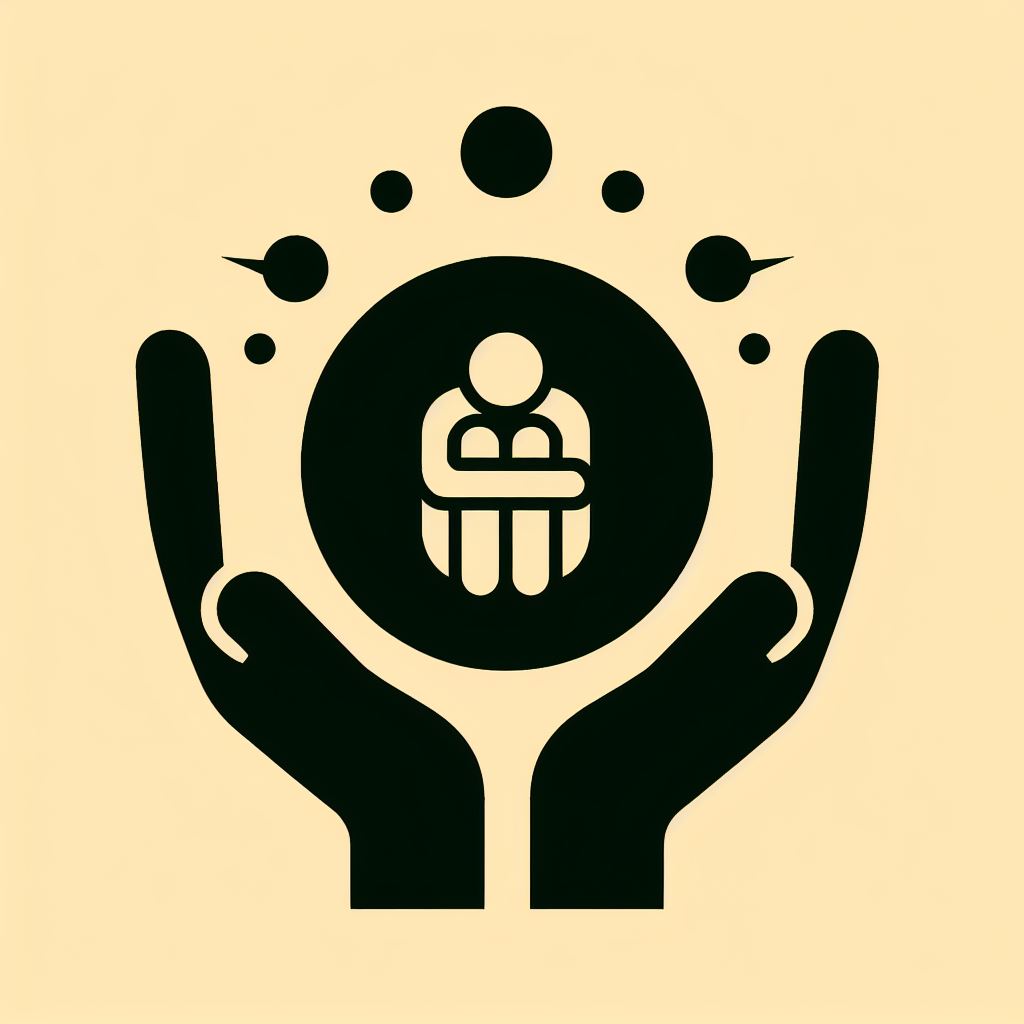Nonverbal communication is the process of sending and receiving messages between two or more people without the use of words. We can communicate in a variety of nonverbal ways including through our posture, gestures, facial expressions, touch, eye contact, and vocal intonation.


Social Skills
Body Language
Love and Relationships
Conflict and Drama
Kindness